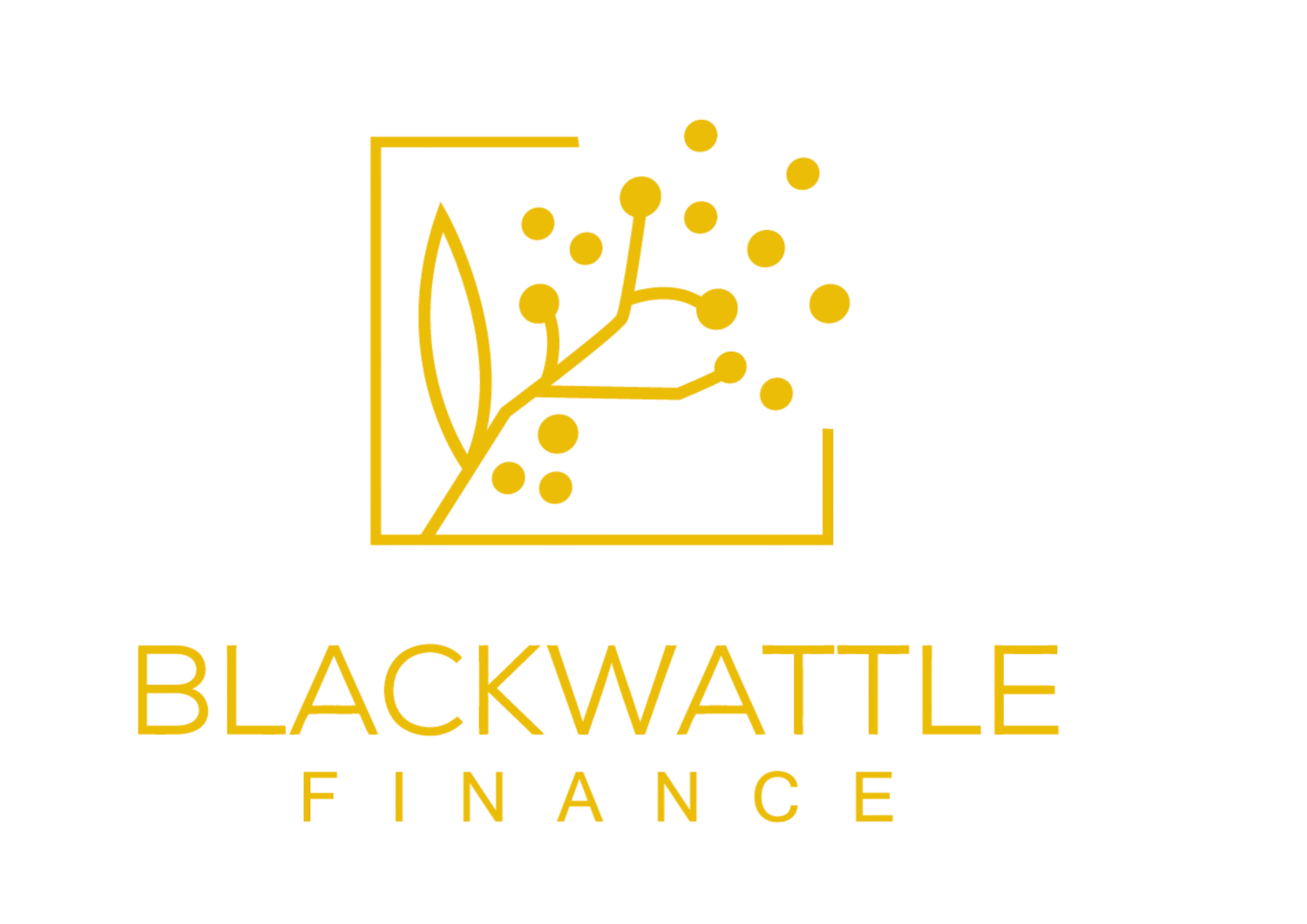If you’re self-employed, getting a home loan can be less straightforward than for those with salaried employment. An estimated 16 per cent of us are self-employed; a fair number of people whose businesses and circumstances are unique!
Here are some tips to help you navigate the application process for self-employed borrowing.
Can I get a “normal” loan?
The loans available for self employed are not typically any tighter or more restricted than for salaried employees – the rates, costs, required deposit, and range of lenders are usually the same. Lender policies can vary greatly, so matching your circumstances to the right lender will ensure your objectives are met and your borrowing power is maximised.
What to prepare
A lender will want to see that your business is trading profitably over a good period of time. Typically you will want to have been in business (and GST registered) for at least two years, and be able to produce two years of accountant prepared financials and tax returns showing that the business has earned consistent income over that time.
If there are big variances from one year to the next you need to be able to explain them – these variances could be anything in your profit and loss statements – the lender will go through line by line and want to understand anything that’s out of the ordinary.
How your income is calculated
Different lenders will have different ways of deciding how much of your income is usable to service loan repayments. Some will look at the average of the last two years, some will use the lower of the last two years, others will be different again. In addition to your net profit before tax and any wages you pay yourself, different lenders will let you add back some or all of:
Depreciation
Interest paid on loans
Large one off expenses
Additional superannuation contributions
Speak to your accountant
It’s important to consider how your financial statements would impact your borrowing potential. Speaking to your accountant about your plans, and getting their advice on how to structure your taxable income, will help put you in good stead.
“Alt doc” lending
Not every self-employed person fits the standard criteria. There are options for people who are self-employed but don’t have the business track record and/or documentation required to fit into standard lending policy.
Alternative doc lending uses different ways of assessing your income, and may consider your application based on business bank account statements and Business Activity Statements (BAS). The trade off is usually that you may pay a higher interest rate and more fees, however there are very competitive options available.
If you are self-employed and thinking about a home loan in the near future, it’s worth sitting down with your broker now to figure out what’s possible.

